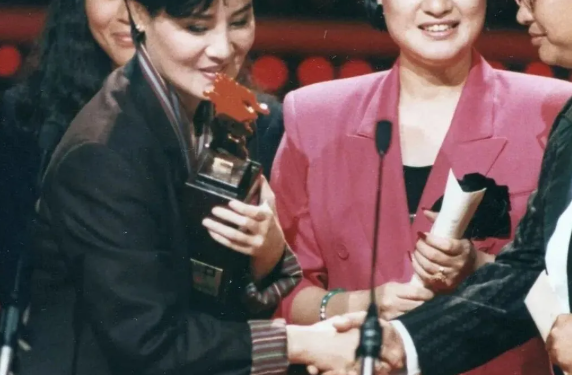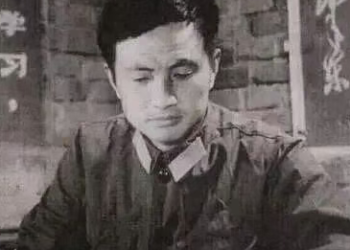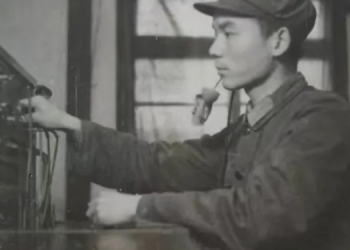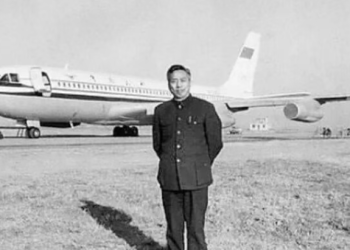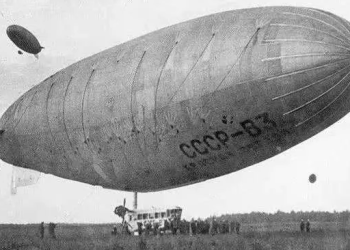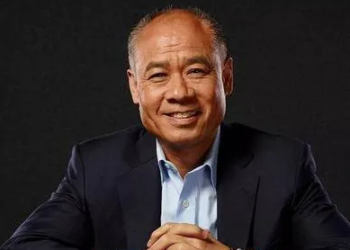In 1972, two stars of Taiwanese opera, after shining on their own for several years, finally crossed paths. The 28-year-old Yang Lihua had already earned a reputation as the “Empress of Taiwanese Opera,” while the 25-year-old Ye Qing, with her unique charm and solid acting skills, was acclaimed as the “King of Taiwanese Opera.” That year, their fates intertwined.
At that time, Yang Lihua had already deeply rooted herself in the field of Taiwanese opera, with an immense accumulation of experience. In 1969, she became the leader and producer of the “Taiwan Television Taiwanese Opera Troupe,” beginning a legendary journey. In 1972, her career reached another peak as she co-founded the “Taiwan Television Opera Troupe,” a joint venture that brought together many outstanding artists. On this grand stage, Yang Lihua once again proved her strength and artistry.
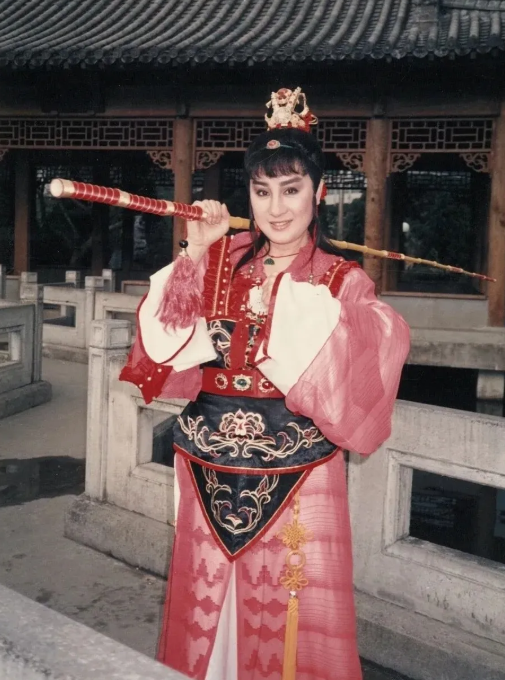
In the same year, Yang Lihua performed in Xue Ding Shan and Fan Li Hua, where she portrayed Xue Ding Shan, a heroic figure, with remarkable skill. She beautifully fused the character’s boldness and tenderness, presenting the complex love story and the battlefield’s bravery with her powerful stage presence. Her passionate singing and delicate acting conveyed Xue Ding Shan’s ambitious spirit as well as his deep emotions for love. Through her performance, the audience was transported back to the legendary Sui and Tang dynasties, deeply immersed in the love and war stories of Xue Ding Shan and Fan Li Hua. There were moments when viewers felt their hearts wrench for their love, and other moments when they cheered for their courage.
Beyond this classic performance, Yang Lihua constantly challenged herself by taking on various roles. Each character she portrayed on stage came to life through her art, whether it was a righteous hero or a gentle scholar. Her acting style, grand yet nuanced, set a benchmark in Taiwanese opera, attracting a large following and making the art form more beloved.
Meanwhile, Ye Qing, the “King of Taiwanese Opera,” was also undergoing a significant transformation in 1972. After the disbandment of the Chinese Television Taiwanese Opera Troupe, she joined the “Hua Shi United Opera Troupe,” where she encountered Yang Lihua for the first time in their joint performance of Seven Heroes and Five Righteous Men. In this production, Ye Qing portrayed Bai Yutang, a charming and proud character. She brought Bai Yutang to life, capturing his high-spirited arrogance with a combination of elegance and wit, with her eyes reflecting a playful and cunning spark. In her scenes with Zhan Zhao, played by Yang Lihua, the two displayed perfect chemistry. Every glance and movement conveyed the characters’ complex emotions and subtle relationships.
Before this, Ye Qing had already made a name for herself with standout roles. In 1969, she gained fame for cross-dressing as the male character Bian Ji in the TV drama Hua Tian Cuo, a performance that left a lasting impression on audiences. Her unique cross-dressing allure caught everyone’s attention, and from then on, she became a household name. Later, she starred in films like Angry Sword, Wild Knife, continuously refining her acting skills through diverse roles. Each character she played was portrayed with a deep understanding, gradually developing her fresh, lively, and natural acting style.
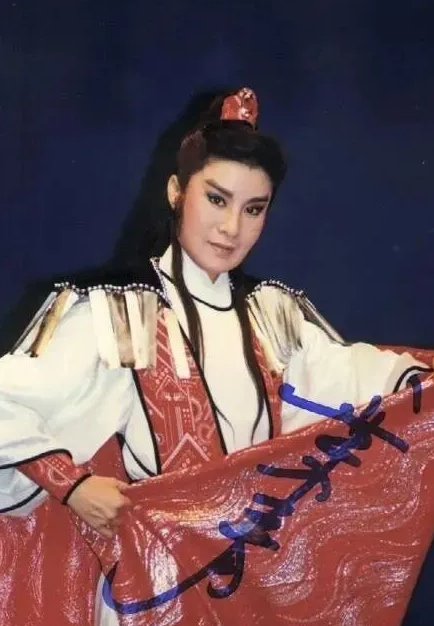
When 28-year-old Yang Lihua met 25-year-old Ye Qing in 1972, their collaboration marked not only a meeting of two Taiwanese opera giants but also a fusion of two different acting styles. Yang Lihua’s grounded and grandiose style harmonized perfectly with Ye Qing’s lively and playful approach, offering the audience an unprecedented visual and auditory feast. After the broadcast of Seven Heroes and Five Righteous Men, the production received rave reviews and became a classic in Taiwanese opera history.
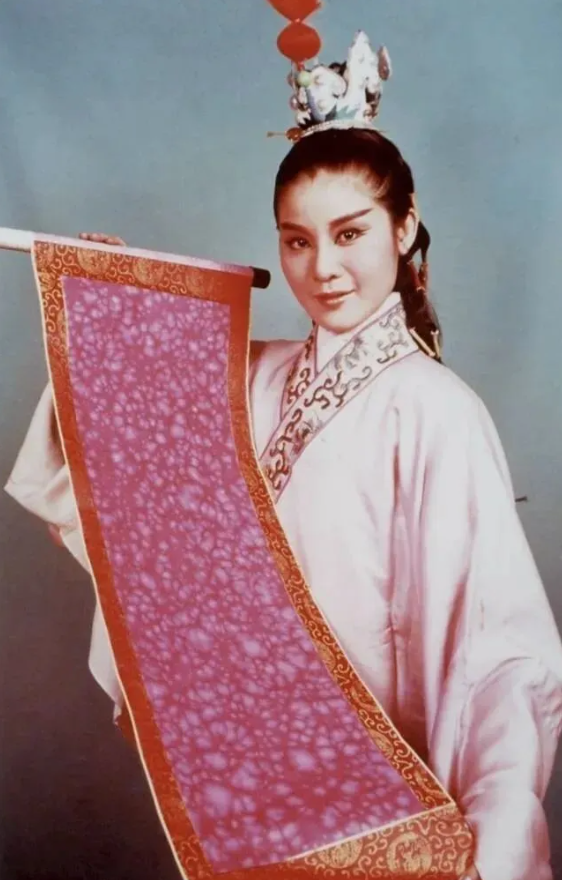
This collaboration deeply impacted both actresses’ careers. As they worked together, they learned from each other, constantly elevating their performances. Their partnership also infused new life into the development of Taiwanese opera, drawing more attention to the art form and rejuvenating it in the face of a rapidly changing era.
Over the years, Yang Lihua and Ye Qing continued to shine on the Taiwanese opera stage. While their paths diverged, their 1972 encounter remained an unforgettable memory, one that became a legendary moment in the history of Taiwanese opera. Whenever people talk about Taiwanese opera, they inevitably recall that stage in 1972, remembering the classic works that Yang Lihua and Ye Qing brought to life.
